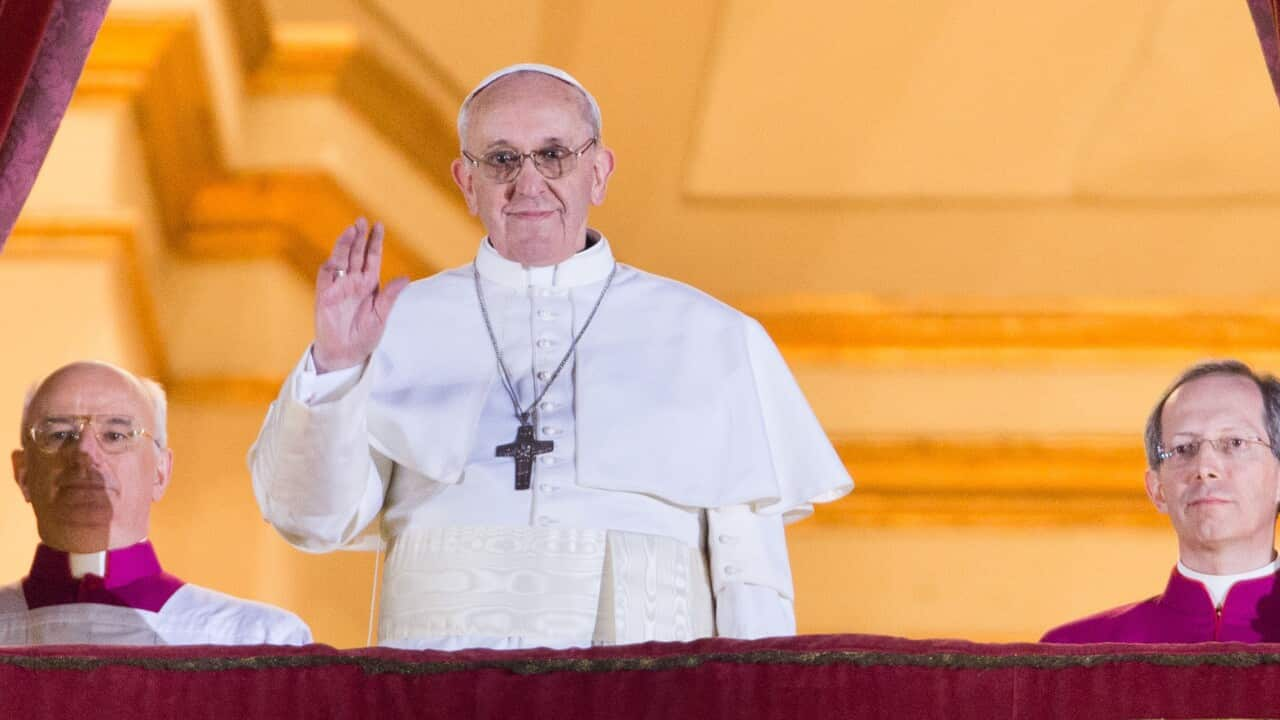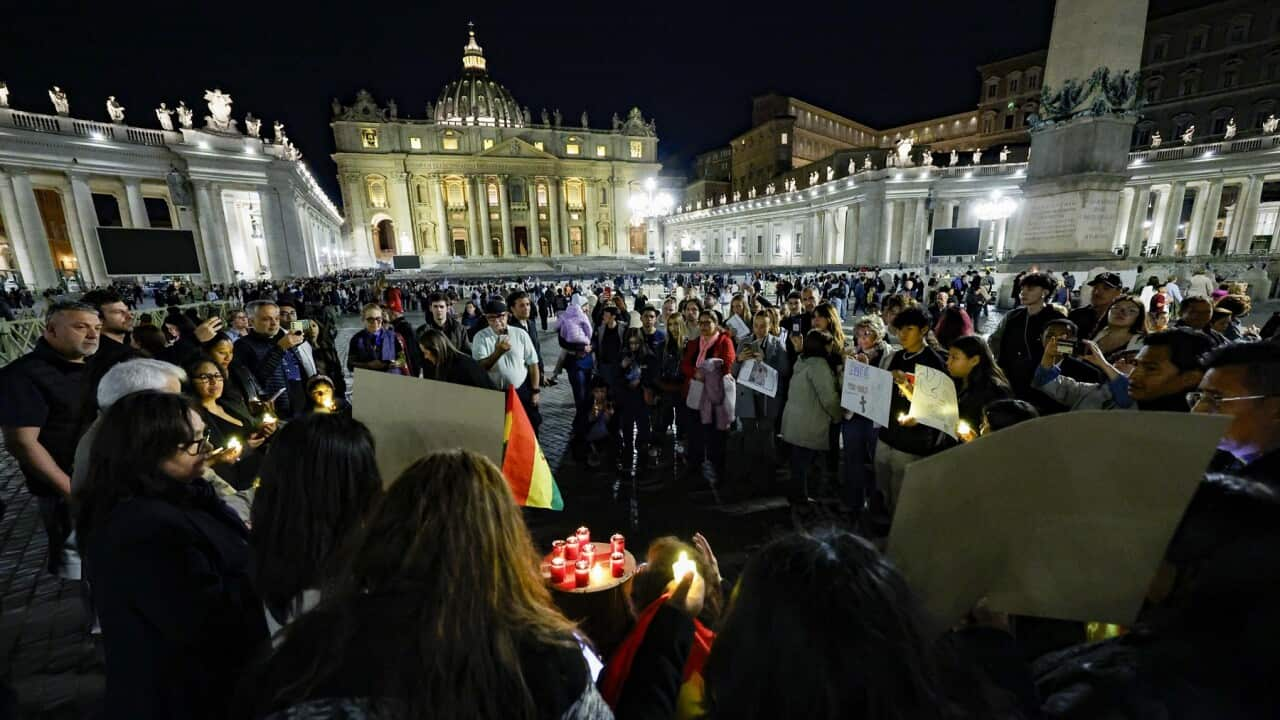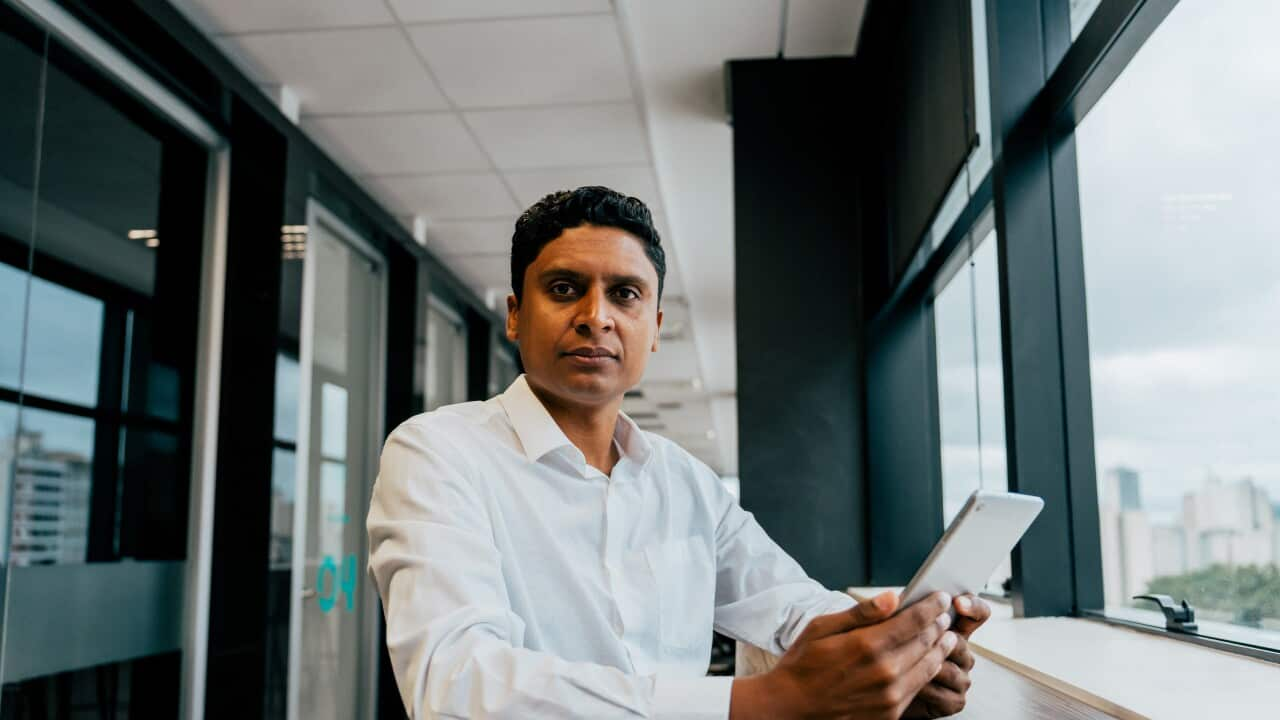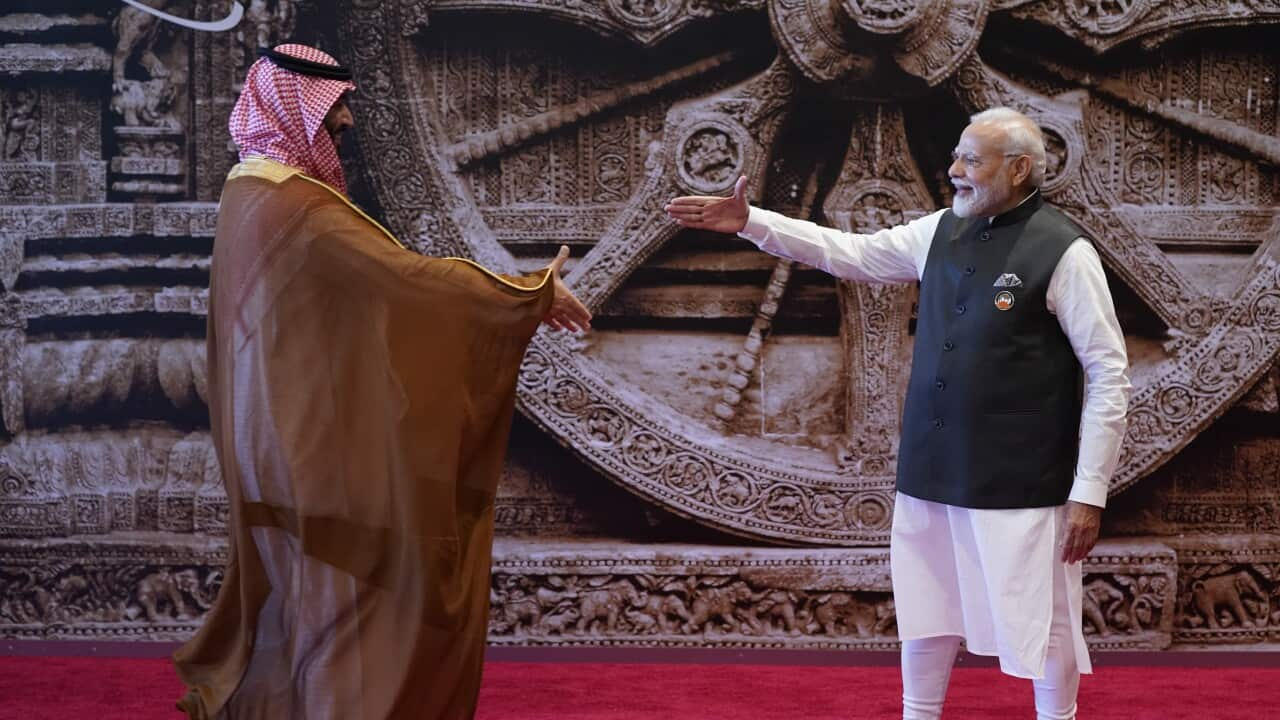hat is so special about western Sydney?
"Its all about finding diverse voices from western Sydney and connecting those audiences because there is a belief that there is a real audience for what we are doing," says Bina Bhattacharya.
"Western Sydney is huge and diverse. One in 10 Australians is living in Western Sydney right now. So there is a real need for content that connects authentically with people who live in Western Sydney." For the initiative 'Behind Closed Doors', eight writers and two producers were been selected. These participants will now work with Co-Curious and its partners to create a series of eight connected short films.
For the initiative 'Behind Closed Doors', eight writers and two producers were been selected. These participants will now work with Co-Curious and its partners to create a series of eight connected short films.

Bina Bhattacharya Source: Supplied by Danyal Syed
Bina, who made her first short film 'Wild Dances' in 2017, says she feels that there is a need for more genuine, original multicultural stories to be told. She says the discussion around multiculturalism is very shallow.
"It tends to be about food and very rarely about big stuff... It's not just about food and language. It can be really deep in terms of how willing are you to express a different opinion. How willing are you to get involved in the political argument? How willing are you to say that you are happy with something."
And Bina, who feels she is a typical argumentative Indian, wants to talk about multiculturalism in that sense.
"I always talk about growing up on Indian cinema and in particular with Indian father and Indian relatives that were all larger than life and lots of opinions and very animated in the way they spoke. And then you try to fit and be cool with Australian kids that are all about repressing their feelings and not being too smart and not working too hard. That is how you be a cool Australian," she says.
Bina, who turned 32 this month, is a daughter of Bengali father and white mother. Her father, Debesh Bhattacharya, came to Australia in 1968.
"He is one of the very first Indians to make Australia his home after the end of the White Australia Policy. He married my mother who is a white Australian from an Anglo Pacific background. Like many immigrant children, I felt the pressure to get a real job. My older sister is a lawyer. Getting good marks was very important to my father particularly because he was an academic. Although, because I had an older sister, I feel my father was much more forgiving when I told him I wanted to be a filmmaker." Bollywood has influenced Bina, the filmmaker, in many senses.
Bollywood has influenced Bina, the filmmaker, in many senses.

A still from Bina Bhattacharya's film "Wild Dances" Source: Supplied by Danyal Syed
"I grew up watching a lot of Bollywood. I love Mithun Chakraborty. You know good Bengali name. I grew up watching a lot of 80s Bollywood, but I was also exposed to a lot of Satyajit Roy. My father loved a lot of Hollywood movies as well. So I definitely had that influence from my father."
Bina does not speak the language, but she feels she is a typical Bengali and gives an interesting analogy bringing her point home.
"I always think that Bengalis are like Melbournites of India. They always think they are very superior to the other parts of India. You know… we are the cultural centre. Five Noble prizes from India, all from Bengalis. I think in some ways I am. But I don’t speak the language. It is actually the theme of my work."
Bina strongly feels that some fascinating stories are lying untold among creative diaspora as Australia has not been very receptive to such stories.
"To put it into context," she explains, "I am from Australia. I grew up here. In the early 90s in Britain, they had that TV show Goodness Gracious Me. It was a whole TV show full of South Asian comedians. It is 30 years later in Australia, and we never had anything like that. So I feel like Australia is very behind. So yes, I feel like the stories have been a little bit stuck in that old-fashioned truths about like cultural clashes." And why these stories have not been told yet?
And why these stories have not been told yet?

The writers room at the 'Behind Closed Doors' initiative Source: Supplied by Danyal Syed
"We are a country that even though in a practical sense I think we are one of the most peaceful and successful multicultural countries, in a lot of ways but the white Australia policy still exists in people’s mind here," she says.
"I don’t know why colonialism has got into people’s mind here. So most Australians have a very idyllic perception of their country as a white country, and they haven’t really tolerated stories that centre non-white people. For whatever reason. I mean it is very complicated, and I think it is rooted in how the country was founded. We never really dealt with our past," she says.
Bina is ready to tell stories, the stories that she feels passionate about.
"I feel like the sort of stories that I can speak will really speak about the mixed race people and that is something I always say that write a film that you want to and see yourself. Do that rather than do what you think your duty is,"
"Then you would actually make something much better," she says.




